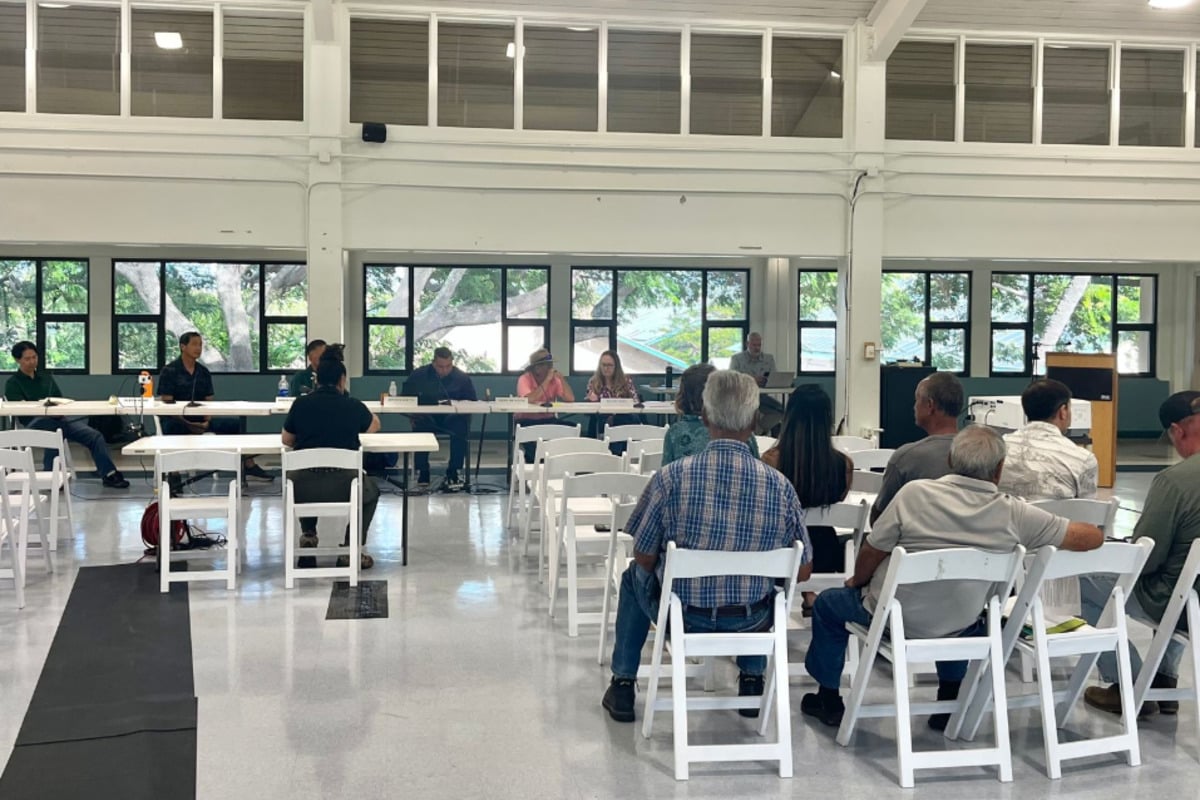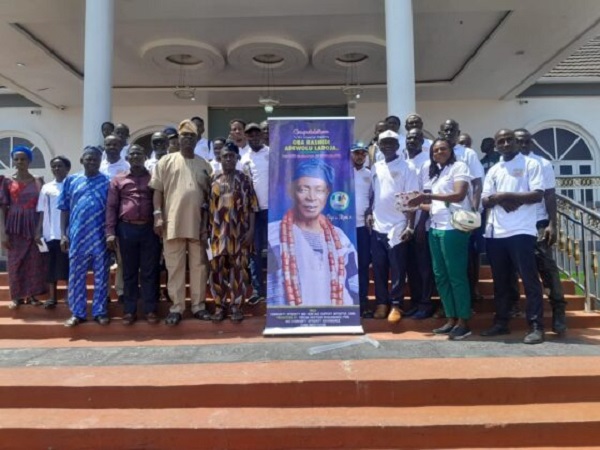Copyright hoodline

On the lush island of Maui, important strides were made in bolstering Hawaii's agricultural framework as the Hawaii Agribusiness Development Corporation (ADC) conducted its first board meeting on the island. In addition to progressing the state's agribusiness strategy, the session, held at the University of Hawaii Maui College on October 16, marked a significant step for the ADC in strengthening community involvement and ensuring that local voices are integral to the statewide agricultural planning process, according to a report by the Hawaii Department of Business, Economic Development and Tourism (DBEDT). Agenda items deeply resonated with local needs; most notably, the board approved a license agreement with the Hawaii State Department of Education to kick-start the construction and operation of the Wahiawā central kitchen on ADC land, which is set to become a cornerstone in the broader farm-to-school initiative. Another critical action was the decision to form a Permitted Interaction Group (PIG) tasked to thoroughly examine Maui's agricultural irrigation and water infrastructure systems. This move aims to provide reliable, sustainable water delivery to the island's farmers, who currently grapple with outdated and insufficient water systems. The ADC is keenly aware that their mission extends beyond mere planning. They carry the weight of statutory obligations to inventory agricultural lands with viable water resources and develop strategies for collaborative water infrastructure planning. Jayson Watts, ADC Board Chair, was unequivocal about the practical significance of the board's work, stating, "When the state, counties and private sector move in the same direction, we can unlock the full potential of Hawaii’s agricultural economy," as reported by the DBEDT. His remarks underscore the pivotal role of ADC in land development, infrastructure modernization, and strategic partnerships to foster sustainable growth and food security in the state. Local perspectives were also acknowledged at the meeting, with Maui's agricultural leaders raising concerns and identifying opportunities. The county's Department of Agriculture director, Rogerene “Kali” Arce, highlighted the vital need for additional infrastructure, such as a slaughterhouse replacement and biosecurity facilities. Meanwhile, Hawaii Farm Bureau President Darren Strand stressed the significance of institutional markets in bolstering the agricultural economy and the need for farmers to have adequate capacity and infrastructure to meet emerging demands. According to an interview with the DBEDT, "The HIDOE serves more than 100,000 meals every day in schools across the state, making it one of Hawaii’s largest food purchasers." As part of the outreach initiative, ADC members also visited the Maui Gold Pineapple Farm and the Food Innovation Center at the University of Hawaii Maui College, showcasing the critical role played by local food manufacturing and processing in the state's agricultural sector. Looking ahead, the ADC Board plans to continue to genuinely engage with the farmers and stakeholders on Hawaii Island in November 2025 to hear their perspectives on regional agricultural and irrigation challenges.



